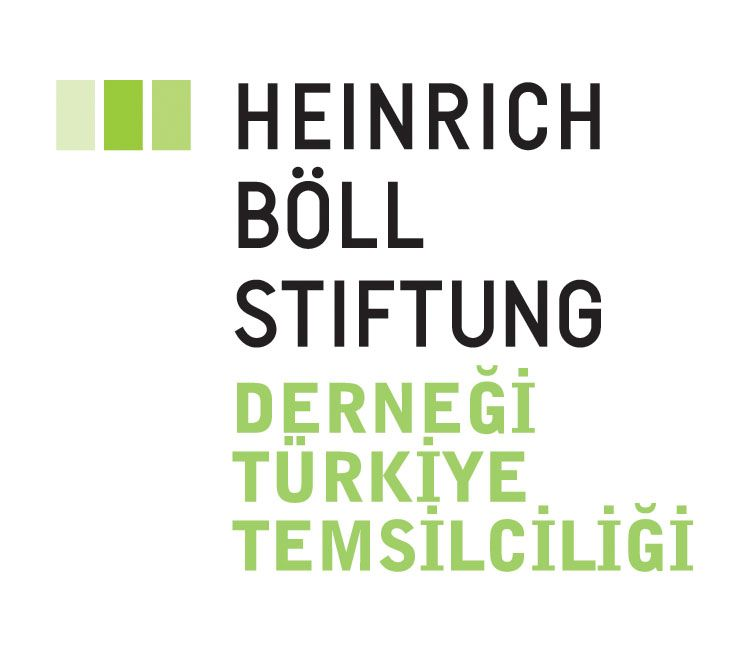
In 2014, Sweden’s Social Democratic Party and Green Party coalition government identified itself as a “feminist government”, and Foreign Minister Margot Wallström declared that they would implement a feminist foreign policy (feministisk utrikespolitik). Following Sweden, Canada -especially under Prime Minister Justin Trudeau, a self-described feminist- applied feminist approach to international humanitarian aid. France, too, has since adopted the feminist foreign policy approach under the name of “feminist diplomacy”. Finally, Mexico was the first country to adopt a feminist foreign policy approach in the global south. Further, the necessity of feminist foreign policy has been debated in the US, the UK, Germany, and the EU. Yet, on October 18, 2022, Sweden again led the way in announcing that it would no longer use the concept because the concept has led to diplomatic cooling with many countries, especially in the Middle East. This decision has opened up questioning of the future of feminist foreign policy practices in general.
Many people actually heard the term “feminist foreign policy” for the first time when Sweden’s conservative right-wing coalition government announced that the country would no longer pursue a feminist foreign policy. This is evident from the comments posted under the social media accounts of media outlets reporting on the announcement of Foreign Minister Tobias Billström. Considering that even the concept of “feminism”, which has a much longer history than feminist foreign policy, is still at the center of political and academic debates, it is expected that feminist foreign policy, which was first articulated in 2014, has not been able to demonstrate a straightforward approach in both conceptualization and implementation.
To understand the scope of the term, it is necessary to define feminist foreign policy. In its most complete form, feminist foreign policy is defined as “a foreign policy pursued by a state in its interactions with other states and non-state actors that aims to protect human rights and freedoms by prioritizing peace, gender equality, and environmental integrity.” Defined in this way, the feminist foreign policy includes all policies that aim to change and transform colonial, racist, patriarchal, and male-dominated power structures. It envisages the inclusion of the principles of freedom, rights, and justice in all areas of foreign policy, including defense, diplomacy, trade, migration, and humanitarian aid. Considering regional and global crises such as the ongoing Russia-Ukraine war, the food, and energy crisis that is likely to emerge in the short term, and the climate crisis that is expected to affect the whole world in the medium/long term, the feminist foreign policy appears as an alternative model for solving regional and global problems.
Feminist foreign policy is not only about striving for the absence of conflict. It is about reimagining the political and social structures of foreign policy. This will lead to solutions to achieve sustainable security, inclusive peace, and economic development for all. In addition, policies to address gender inequalities at both the societal and global levels, and to drive reforms in governance and state institutions, are also fundamental to sustainable development.
Feminist foreign policy practices start from the assumption that the hierarchical structure of existing international relations leads to exclusion and marginalization. Therefore, powerful system actors are responsible for addressing ethical problems in the international system. If powerful actors move their focus on the concerns and principles underlying feminist foreign policy, the international system could be put on a normative footing. Feminist foreign policy, centered on the United Nations Security Council Resolution 1325, “Women, Peace, and Security”, will also contribute to sustainable peace. Since feminist foreign policy aims to eliminate global inequalities, especially gender inequality, which are at the root of most conflicts, it helps the global community achieve inclusive peace. Moreover, given the positive contribution of women to the success of peace processes and the building of sustainable peace, a sustainable global security approach will be possible through feminist foreign policy. In short, if any country is committed to preventing conflict, achieving the Sustainable Development Goals (SDGs), and promoting peace, it should pursue a feminist foreign policy that focuses on eliminating inequalities.
When we look at the history of Turkish foreign policy, we see that foreign policymakers have strived to protect the country’s sovereignty, territorial integrity, and national security in a geography overwhelmed by conflict and war. Although the focus and direction of Turkish foreign policy have changed periodically, the main foreign policy goals, such as being respected and recognized by European states and other Western powers, becoming a regional power, and a global actor in the field of humanitarian aid, have remained the same. From this perspective, feminist foreign policy can be an essential resource for Turkey to achieve its goal of becoming a regional and global power.
Contrary to popular belief, feminist foreign policy, which does not imply pacifism, argues that state actors should alternate between hard and soft power depending on the severity of threats. Turkey is currently trying to combine hard power with soft power in foreign policy and considers soft power areas such as humanitarian foreign policy, humanitarian aid, and public diplomacy among the priority areas of its foreign policy. In this context, humanitarian aid programs carried out by TIKA prioritize the economic empowerment of women and girls. In its March 8 message published in 2020, TIKA announced that Turkey has carried out nearly 280 projects for the social and economic empowerment of women and girls in various countries in the last decade. Through TIKA, Turkey has been implementing development assistance projects to improve women’s access to health services and education and projects on maternal and infant health in countries experiencing conflict and post-conflict processes. In these countries, Turkey has also implemented projects to support victims of domestic violence against women.
From this perspective, in the field of humanitarian aid, which is an essential tool of Turkey’s foreign policy, we see that Turkey supports efforts to empower women in social, economic, and political fields and invests in projects in this direction, as in the case of Canada. Although it is not called feminist foreign policy, it can be said there are reflections of feminist foreign policy in Turkey’s humanitarian aid and development practices. Institutionalizing a feminist foreign policy approach in this field and supporting the participation and representation of women in humanitarian initiatives at various levels and positions will help Turkey to achieve its goal of becoming a global actor in the field of humanitarian aid and international development. At the same time, Turkey’s support for gender equality in various parts of the world will contribute to achieving multiple global SDGs, particularly SDG 5. Turkey’s contributions to gender equality and SDGs through humanitarian aid will reinforce Turkey’s soft power in the medium to long term.
Another feminist foreign policy approach that will enable Turkey to achieve its goals is the feminist diplomacy approach practiced by France and Mexico. Ensuring gender equality in foreign policy-making processes and diplomacy at all levels, raising awareness of gender equality in diplomatic missions, adopting the Women’s Peace and Security Agenda by the Ministry of Foreign Affairs, and integrating a feminist foreign policy approach into the preparation of the National Action Plan will be beneficial for Turkey to achieve its goals of becoming a global player in its diplomatic efforts in general and in its mediation efforts in particular. As pointed out by Alemdar and Yinanç, this is an easy goal to achieve as Turkey has an experienced diplomatic corps with a significant number of female diplomats. In short, if Turkey adopts and implements feminist foreign policy appropriately, women’s participation in diplomatic processes at all levels will be guaranteed. Thus, Turkey will be recognized by the international community as a respected normative actor that can combine hard power with soft power.

Assoc. Prof. Dr. Bezen Balamir-Coşkun is an international relations scholar who specializes in foreign policy and security. She received her Ph.D. degree from Loughborough University (UK). She has worked in several higher education institutions and research centers both in Turkey and abroad. Since 2016, she has coordinated the Izmir Policy Center, which is a consultancy agency. Most recently she is teaching at TED University as adjunct professor. She has published articles, book chapters, and policy briefs on her areas of expertise. She is also a member of Women in Foreign Policy Initiative.
To cite this work: Bezen Balamir Coşkun, ” Feminist Foreign Policy: A Roadmap for Turkey?”, Panorama, Online, 11 January 2023, https://www.uikpanorama.com/blog/2023/01/11/bbc/

This article has been prepared with the support provided to the International Relations Council and the Global Academy by the Heinrich Böll Stiftung Association Turkey Representative within the scope of the project titled ‘Foreign Policy for the 21st Century; Peaceful, Equitable, and Dynamic Turkey’.
Copyright@UIKPanorama. All on-line and print rights reserved. Opinions expressed in works published by the Panorama belongs to the authors alone unless otherwise stated, and do not imply endorsement by the IRCT, Global Academy, or the Editors/Editorial Board of Panorama.

